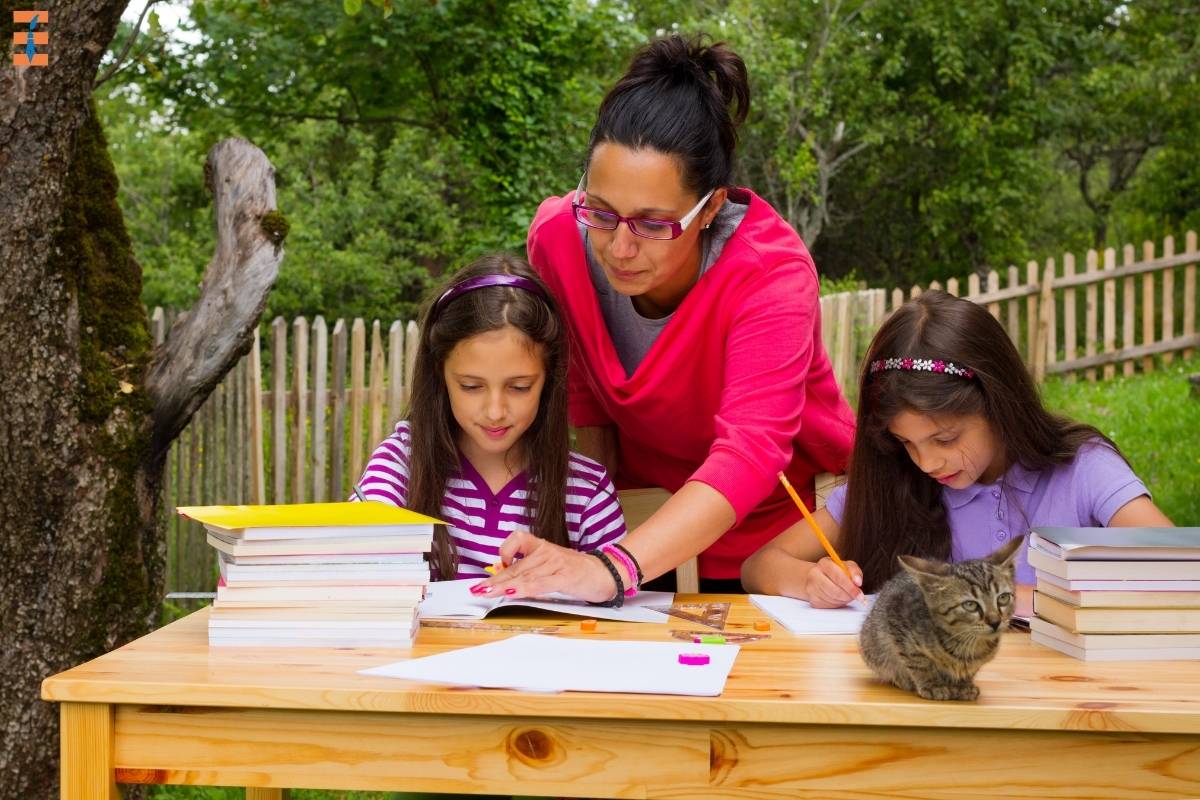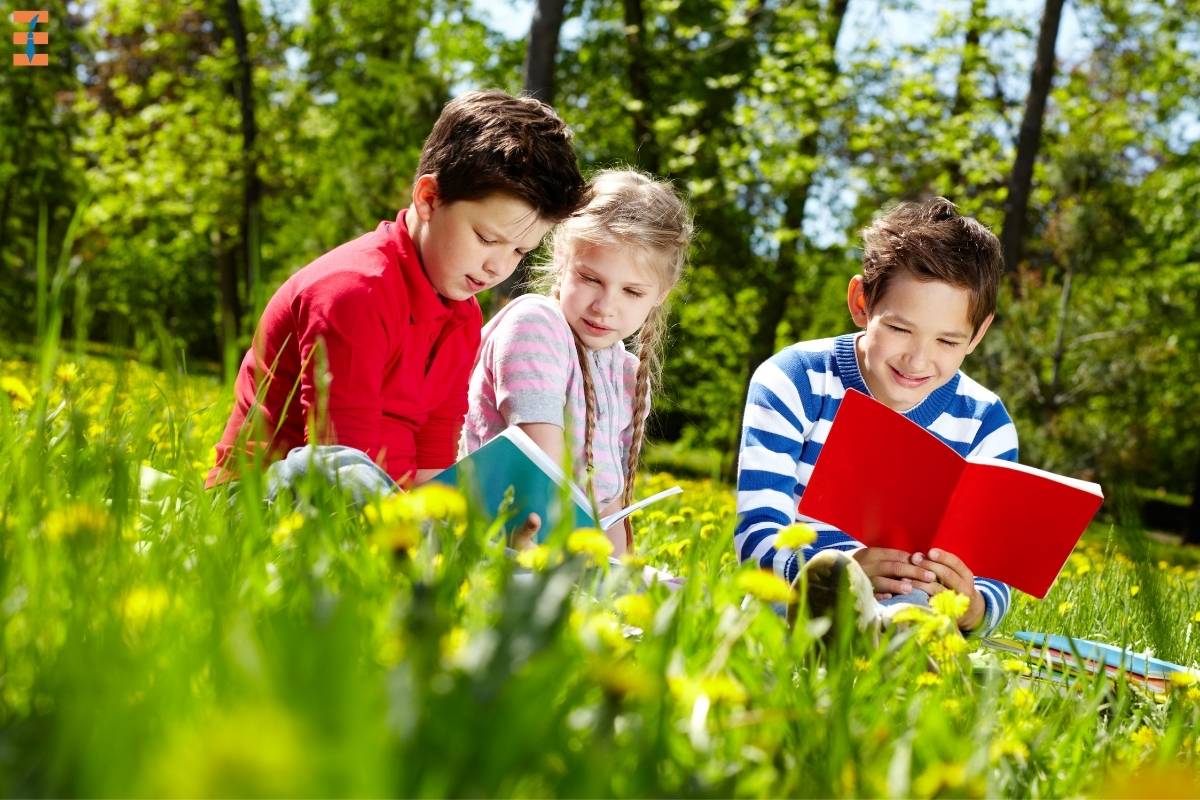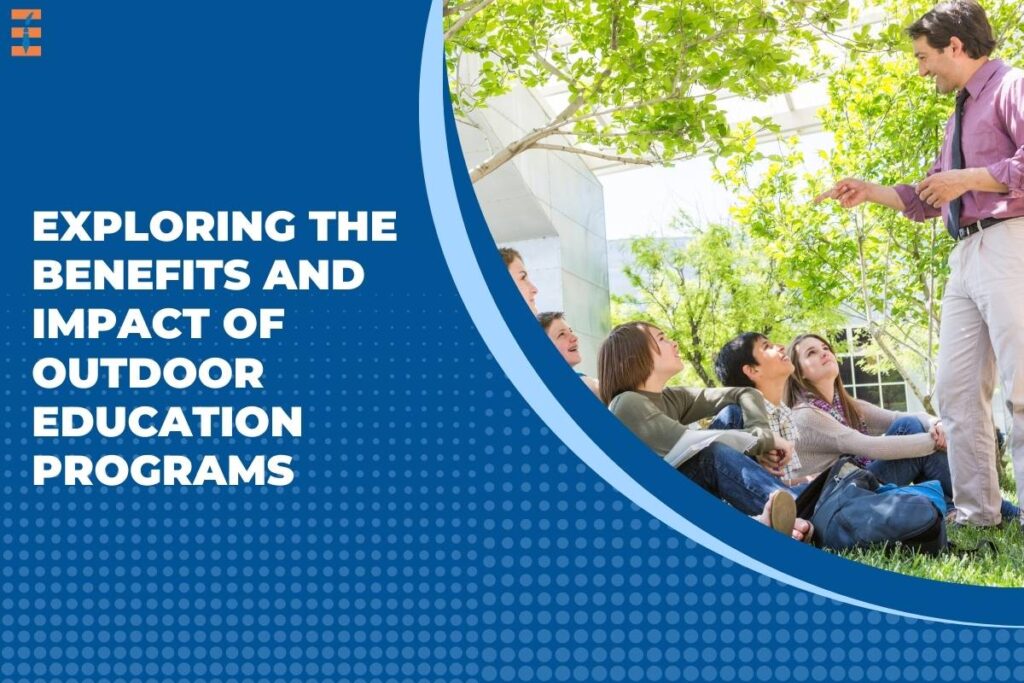Outdoor education programs have gained widespread recognition for their transformative impact on student’s physical, mental, and emotional well-being. These programs offer unique opportunities for experiential learning in natural environments, fostering a deeper connection to the outdoors and promoting holistic development.
In this article, we delve into the multifaceted benefits of outdoor education programs, exploring their significance, efficacy, and potential to inspire lifelong learning and stewardship of the environment.
Introduction to Outdoor Education Programs
Outdoor education programs represent a holistic approach to learning that integrates academic content with real-world experiences in natural settings. These programs are designed to immerse participants in hands-on learning activities, fostering a deeper connection to the outdoors while promoting personal growth, environmental awareness, and stewardship. By stepping outside the confines of traditional classroom settings, participants have the opportunity to engage with nature in meaningful ways, gaining valuable insights and skills that extend far beyond the boundaries of academic knowledge.
Physical Health Benefits

Participation in outdoor education programs offers numerous physical health benefits, as it encourages individuals to engage in physical activity and outdoor exploration. Activities such as hiking, kayaking, rock climbing, and nature walks not only promote physical fitness and cardiovascular health but also provide opportunities for individuals to develop strength, endurance, and coordination. Moreover, spending time in nature has been shown to reduce stress, boost mood, and improve overall well-being, contributing to a healthier and happier lifestyle.
Mental Health and Stress Reduction
One of the most significant benefits of outdoor education programs is their positive impact on mental health and stress reduction. In today’s fast-paced and digitally driven world, many individuals experience high levels of stress, anxiety, and burnout. However, spending time in natural environments has been shown to have a calming effect on the mind, reducing feelings of stress and promoting relaxation. Immersion in nature fosters a sense of peace, tranquility, and mindfulness, allowing participants to disconnect from the pressures of everyday life and reconnect with themselves and the natural world.
Environmental Awareness and Stewardship
Outdoor education programs play a crucial role in fostering environmental awareness and stewardship among participants. By engaging in hands-on activities such as habitat restoration, tree planting, and wildlife monitoring, participants develop a deeper understanding of ecological principles and conservation practices. These experiences not only instill a sense of responsibility for protecting the environment but also cultivate a deep appreciation for the beauty, diversity, and fragility of the natural world. Participants learn to become active agents of positive change, advocating for environmental conservation and sustainability in their communities and beyond.
Social and Emotional Development
Outdoor education programs offer valuable opportunities for social interaction, collaboration, and emotional growth. Through group-based activities, participants learn to communicate effectively, resolve conflicts, and work cooperatively towards common goals. These experiences foster the development of interpersonal skills, empathy, and emotional intelligence, strengthening relationships and building supportive communities. Moreover, these programs challenge participants to step out of their comfort zones, overcome obstacles, and develop resilience in the face of adversity, contributing to their overall personal growth and well-being.
Academic Achievement
Research studies have consistently demonstrated the positive impact of outdoor education on academic achievement and educational outcomes. Participants who engage in outdoor learning experiences exhibit higher levels of engagement, motivation, and academic performance compared to their peers who do not participate. Outdoor education provides a rich and immersive learning environment that complements traditional classroom instruction, allowing students to apply theoretical concepts in real-world contexts and gain a deeper understanding of academic content. Moreover, outdoor learning experiences stimulate curiosity, creativity, and critical thinking skills, empowering students to become lifelong learners and active participants in their education.
Leadership Skills

Outdoor education programs offer valuable opportunities for participants to develop leadership skills, confidence, and initiative. Through outdoor expeditions, team-building activities, and leadership challenges, participants learn to make decisions, solve problems, and take calculated risks. These experiences help build self-confidence and self-efficacy, empowering participants to take on leadership roles and responsibilities both within the program and in other areas of their lives. Moreover, outdoor education programs foster a sense of personal responsibility and accountability, encouraging participants to lead by example and inspire positive change in their communities.
Personal Growth
Participation in outdoor education programs often leads to profound personal growth and self-discovery. By stepping outside of their comfort zones and embracing new challenges, participants develop resilience, adaptability, and a growth mindset. Outdoor learning experiences encourage individuals to push past their perceived limitations, explore their potential, and discover hidden talents and strengths. Moreover, spending time in nature fosters a sense of awe, wonder, and gratitude, enriching participants’ lives and enhancing their overall sense of well-being.
Best Practices in Program Design
Effective outdoor education programs incorporate a variety of best practices to ensure meaningful and impactful learning experiences. These may include careful program planning, risk management protocols, qualified staff and instructors, and clear learning objectives aligned with educational standards and curriculum requirements. Moreover, programs should prioritize safety, inclusivity, and accessibility to ensure that all participants have the opportunity to benefit from outdoor learning experiences. By adhering to best practices in program design, outdoor education programs can maximize the educational value and impact of their offerings.
Overcoming Challenges
Despite the numerous benefits of outdoor education programs, they may face challenges related to funding, logistics, and curriculum integration. Limited resources, transportation constraints, and scheduling conflicts can pose barriers to participation for some students and schools. To address these challenges, stakeholders must work collaboratively to secure funding, provide logistical support, and advocate for the integration of outdoor education into school curricula and educational policies. By overcoming these challenges, outdoor education programs can ensure that their benefits are accessible to all students, regardless of background or circumstance.
Environmental Education
Education programs serve as powerful vehicles for environmental education, providing hands-on learning experiences that foster environmental literacy, sustainability, and citizenship. Participants learn about ecosystems, biodiversity, and environmental issues through direct observation, exploration, and experimentation. By engaging with nature in meaningful ways, participants develop a deeper appreciation for the natural world and gain the knowledge and skills needed to become responsible stewards of the environment. Education programs also encourage participants to take action to address environmental challenges, inspiring them to make positive changes in their communities and advocate for environmental conservation and sustainability.
Lifelong Learning

Outdoor education programs inspire a lifelong love of learning and exploration, encouraging participants to continue their educational journey beyond the program. By instilling a sense of wonder and curiosity about the natural world, these experiences cultivate a passion for lifelong learning and discovery. Participants develop a deeper appreciation for the interconnectedness of all living things and the importance of environmental conservation and sustainability. Moreover, the skills and knowledge gained empower participants to pursue further education, careers, and personal interests related to the environment and outdoor recreation.
Immersive Learning Experiences
One of the key benefits of outdoor education is its ability to provide immersive learning experiences that engage the senses and stimulate curiosity. Participants have the opportunity to explore natural environments, observe wildlife, and interact with ecological systems firsthand. These experiences make abstract concepts come to life, helping participants develop a deeper understanding of academic content and real-world issues. Whether studying biology, geology, ecology, or environmental science, outdoor education offers a rich and dynamic learning environment that fosters curiosity, creativity, and critical thinking skills.
Conclusion:
Outdoor education programs offer a holistic approach to learning that integrates academic content with real-world experiences in natural settings. By engaging participants in hands-on activities, fostering environmental awareness, and promoting personal growth and well-being, these programs have the potential to inspire lifelong learning and stewardship of the environment. As we continue to recognize the value of outdoor education in cultivating healthy, resilient, and environmentally conscious individuals, it is essential to invest in and support the expansion of outdoor education programs for the benefit of current and future generations.

